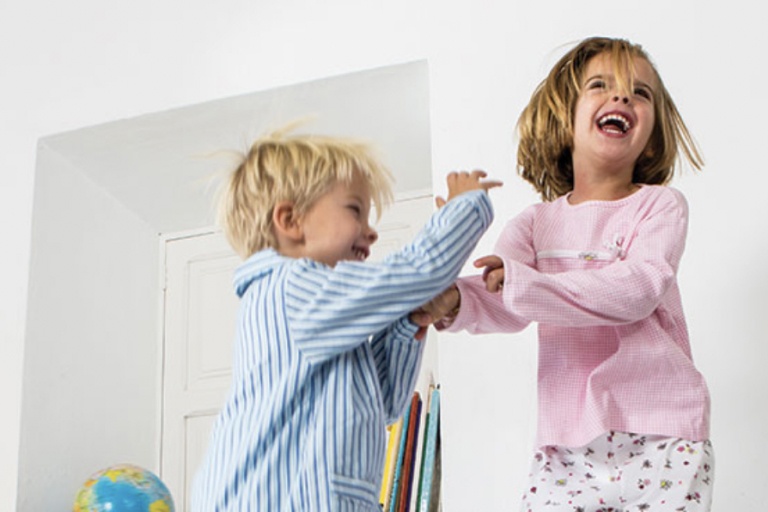Bedwetting Causes
Helping Your Child Grieve
2 Nov, 2022
2 min. Read
Love, Support And Honesty Mean Everything To A Grieving Child
One of the most difficult emotional strains on anybody is the death of a friend or loved one. As a mature adult you’ve learned how to deal with the different stages of grief and how to express these both emotionally and socially. For a child, emotional maturity has not been reached, so the ways a child deals with death and the ways they express their emotions vary tremendously.Explaining Death To A Child
Factors such as age and the child’s stage of development play a large role; however, a child’s perception of death is shaped mostly by your reactions and responses. Talking to children about death does not have to wait until an emotionally charged event like the loss of a loved one occurs. Parents can use day-to-day experiences such as finding a dead bug or animal to explore children’s understandings and engage in discussions about death.How To Help Grieving Children?
Social support for children is crucial following the death of a loved one. Allowing your child to see your own pain reinforces to them that it is okay to be sad, while at the same time letting them know that you are there for them too. With support, your child can make good adjustments and manage grief in their lives. Helping your child to grieve:- Ensure consistent routines and a sense of stability
- Be understanding of changes in behavior
- Prepare for an increase in separation anxiety or clinging behavior
- Prepare for issues sleeping, as well as the desire to sleep with parents or siblings
- Use concrete details to describe death and answer questions honestly
- Talk and listen to children – what are their fears or concerns?
- Use play, drawing, writing, and other expressive activities to enhance understanding and to work through feelings
- Introduce age-appropriate books on death and dying
- Avoid treating death as an off-limits subject










